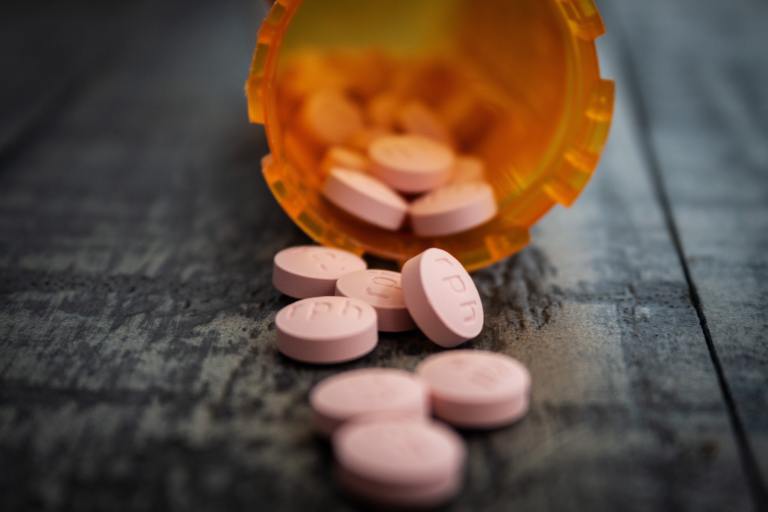Each week, The Daily’s Science & Tech section produces a roundup of the most exciting and influential research happening on campus or otherwise related to Stanford. Here’s our digest for the week of April 12-18.
Stanford researchers test experimental drug remdesivir to treat coronavirus
Stanford Medicine has joined medical centers around the world in launching large-scale clinical trials to test whether remdesivir, an experimental anti-viral drug, can treat patients with COVID-19. Preliminary results from the trials, which began in March, are expected by the end of April.
“We brought this on fast,” Aruna Subramanian, an infectious disease clinical professor, told Stanford Medicine News. “We got everything together in a week and were ready to roll. This was record time. This type of thing normally takes two to three months to get on board.”
There are currently two clinical trials sponsored by Gilead Sciences Inc. and one clinical trial from the National Institutes of Health. Remdesivir is only available to treat COVID-19 patients on a case-by-case basis, with approval from the Food and Drug Administration.
“We have had patients hospitalized at Stanford who got remdesivir under compassionate care guidelines,” Stanley Deresinski, an infectious disease clinical professor, told Stanford Medicine News. “Some got better. Some got worse. At this point, we just don’t know. We hope to have results soon for remdesivir, and by then we should have another trial in the works for the next best thing.”
COVID-19 symptoms may include gastrointestinal symptoms
People with COVID-19 may experience gastrointestinal symptoms such as loss of appetite, nausea and diarrhea, a study published on April 10 in “Gastroenterology” reports.
“COVID-19 is probably not just respiratory symptoms like a cough,” gastroenterology fellow Alexander Podboy told Stanford Medicine News. “A third of the patients we studied had gastrointestinal symptoms. It’s possible we may be missing a significant portion of patients sick with the coronavirus due to our current testing strategies focusing on respiratory symptoms alone.”
The researchers collected data from 116 patients who tested positive for coronavirus, and the findings suggest 31.9% of patients reported gastrointestinal symptoms. In addition, 22% experienced loss of appetite, 22% had nausea and vomiting and 12% had diarrhea.
“In our current cohort of patients, all patients had respiratory symptoms prior to the development of gastrointestinal symptoms,” Podboy told Stanford Medicine News. “No patients had gastrointestinal symptoms prior to the development of respiratory symptoms or as their only manifestation of COVID-19.”
“However, that may be a product of who we were testing,” he added. “Currently, testing is only offered for patients that meet specific criteria — criteria that often require the presence of pulmonary symptoms.”
Vote-by-mail gives no advantage to either party
Vote-by-mail does not give any political party an advantage or disadvantage, a working paper published on April 15 by researchers at the Stanford Institute for Economic Policy Research (SIEPR) reports. Vote-by-mail is currently under discussion as officials work around voting during COVID-19.
“There are a lot of questions about how we would implement vote-by-mail, how much it would cost and what groups it might affect,” political science professor Andrew Hall told SIEPR News. “Our research here doesn’t speak to all of these questions, but it addresses one key issue — and shows that, in normal times, expanding vote-by-mail does not advantage either party.”
“That should be useful information for people who are trying to drive bipartisan support for expanding vote-by-mail for the 2020 elections,” he added.
The researchers analyzed voter data from California, Utah and Washington between 1998 and 2018. The findings suggest that vote-by-mail has neutral effects.
“There isn’t a difference in our estimated effects if a state is largely Democratic or Republican,” Danial Thompson, an American politics and political methodology graduate student, told SIEPR News. “And we don’t have any reason to think, coming into this, that there are going to be big differences in partisan outcomes across other places.”
Contact Derek Chen at derekc8 ‘at’ stanford.edu.
